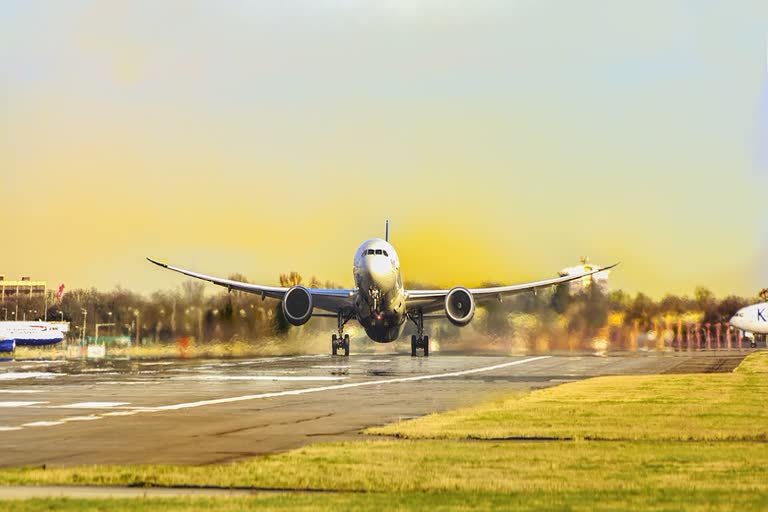Mumbai: Pakistan had closed its airspace for all civilian traffic after India carried out air raids in Balakot district of Pakistan occupied Kashmir on February 26. But this action had multiple effects on the overall economy of India, especially on the aviation industry.
During the ban Air India had to re-route, merge or suspend many of its international flights that connect India with European and US cities. With Pakistan opening its airspace, Air India's operation cost for one-way US and Europe-bound flights are likely to come down by Rs 20 lakh and Rs 5 lakh respectively.
Indian Civil Aviation Minister Hardeep Singh Puri told the upper house of the parliament that the airspace closure had cost Indian airlines more than $80.1 million. The bulk of the losses affected Air India, the national flag carrier, which lost more than $71.65 million. Other carriers that were also affected includes Indian carriers SpiceJet ($4.48m), IndiGo ($3.66m) and GoAir ($0.3m).
The Civil Aviation Ministry said that the re-routing has resulted in an increase in the operating cost of the Air India Express by approximately Rs 22 lakhs per day and for IndiGo it was Rs 2 lakhs per day. Daily, nine flights of Air India Express and two flights of IndiGo were re-routed to avoid Iranian airspace.
Read more: Pakistan reopens airspace four-and-half months after Balakot strikes
Pakistan airspace closure costs over 548 crore to Indian airlines.
The closure of the routes affected hundreds of east-west flights flying over the subcontinent but the westbound flights from airports in northern India such as Delhi, Lucknow, Amritsar etc were worst affected.
Due to the closure of routes that allowed westbound flights from airports in north India to enter Pakistani airspace, instead of taking a detour to Gujarat or Maharashtra and then turning right for Europe, North America or West Asia, most flights had seen their durations rise by at least 70-80 minutes. The closure, hence, resulted in increased fuel expenses, operational costs and maintenance costs as well as higher duty hours for the aircrew.



